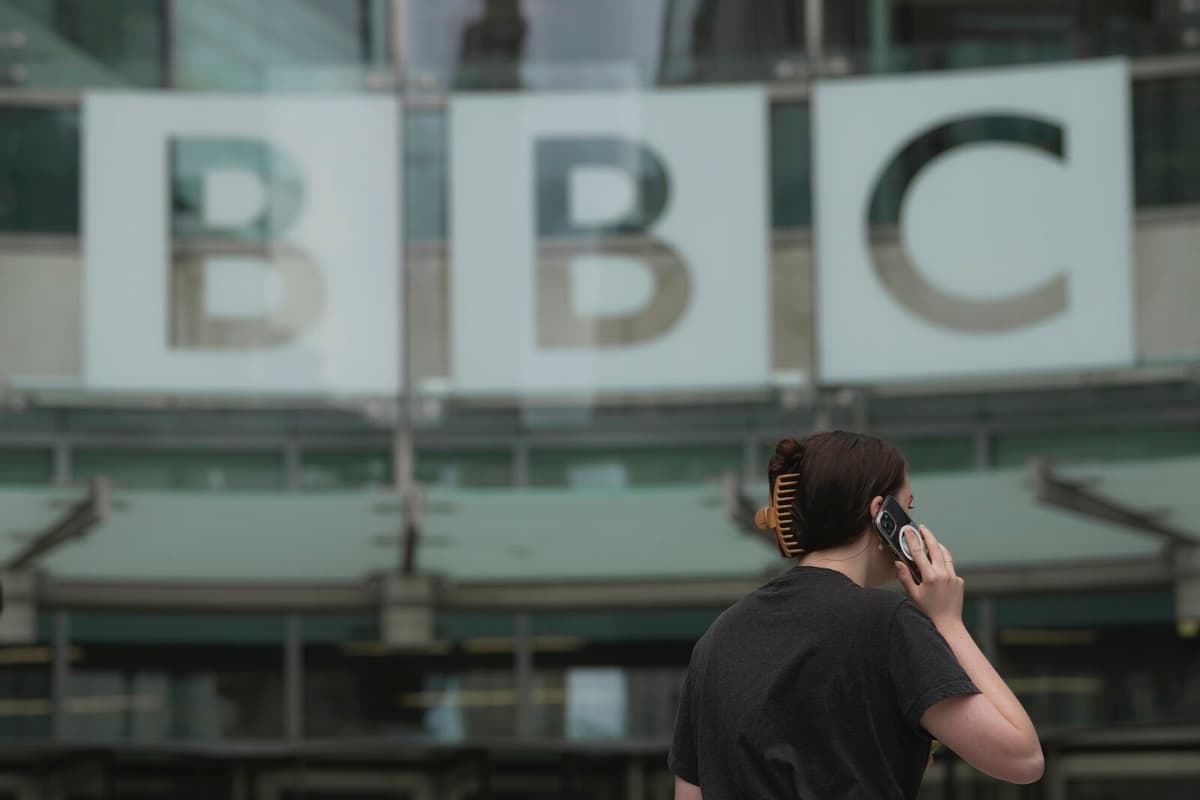The letter was delivered the day before Channel 4 broadcast the documentary "Gaza: doctors under attack". A film that BBC had ordered but scrapped, because it "risked creating an impression of partiality".
In the letter, it is claimed that the decision not to broadcast the film is proof that BBC is "paralyzed by the fear of being perceived as critical of the Israeli government".
Close ties
The letter also highlights Robbie Gibbs' role in BBC's board and editorial committee: "We are concerned that a person with close ties to the Jewish Chronicle has influence over BBC's editorial decisions in any form, including the decision not to broadcast 'Gaza: doctors under attack'".
The initiative behind the letter, which comes from BBC's employees, means that Gibb has a clear ideology and a "conflict of interest" due to his previous connections to the newspaper The Jewish Chronicle and as former press secretary to former Prime Minister Theresa May.
Fear of reprisals
This is claimed to have affected the channel's mission of impartiality: "As an organization, we have not offered any significant analysis of the British government's involvement in the war against the Palestinians. We have failed to report on arms sales or their legal consequences. This news has instead been revealed by BBC's competitors."
Due to fear of reprisals, the 111 BBC journalists signed anonymously.
A spokesperson for BBC said that they listen to the staff's feedback but emphasizes that the channel's reporting from Gaza is "fully committed to reporting the conflict impartially" and mentions BBC's award-winning documentaries such as "Life and death in Gaza" and "Gaza 101" as examples.






